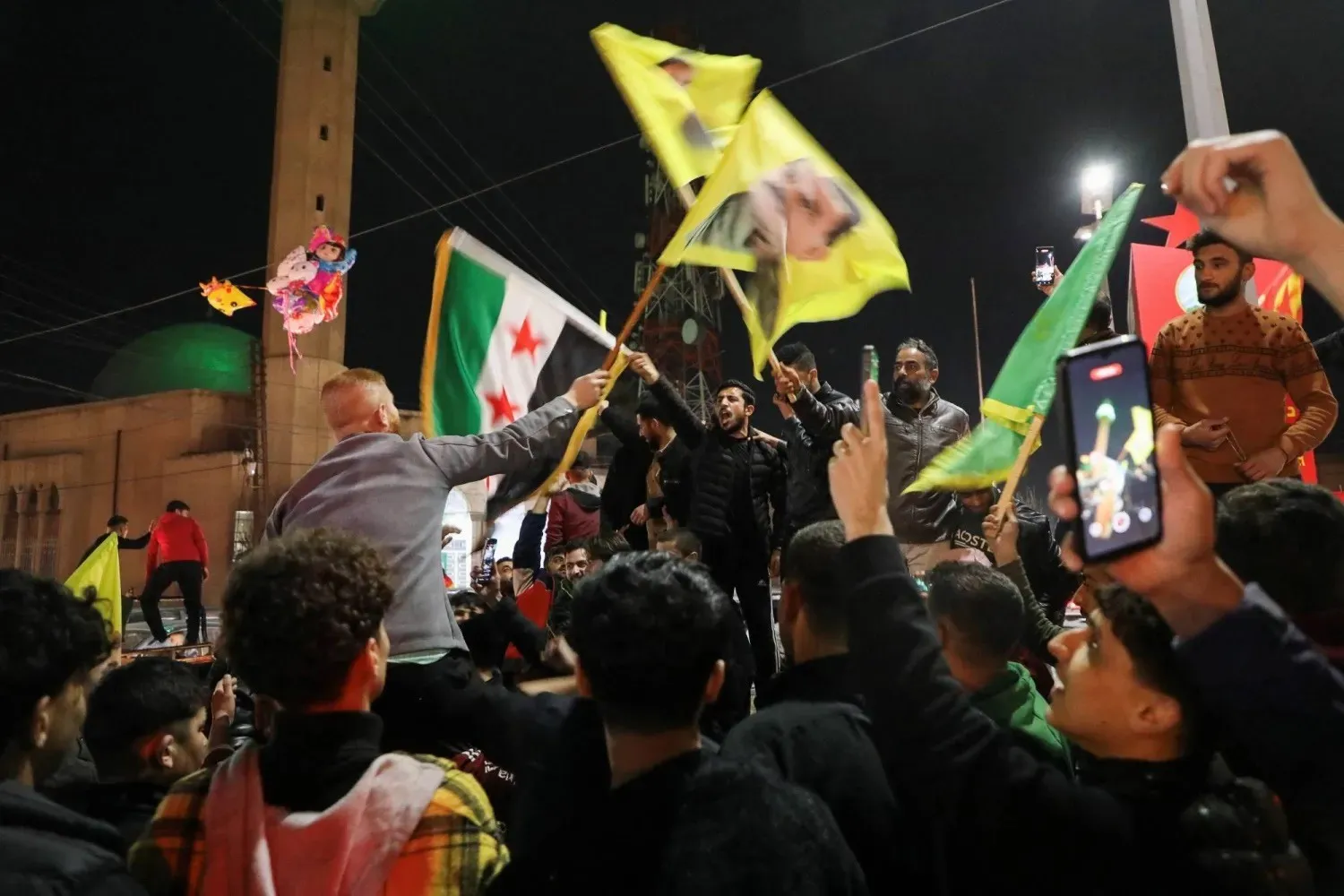Discontent among Syria’s Kurds has been evident following their exclusion from consultations regarding the formation of the transitional government, which is set to be announced by Damascus within hours. The Kurdish National Council (KNC) has confirmed its decision to boycott the government’s inauguration ceremony, despite receiving an official invitation to attend.
Speaking to Asharq Al-Awsat, KNC spokesperson Faisal Youssef stated that the new administration in Damascus “did not engage with us regarding the formation of this government, nor did it consult us in selecting its members or portfolios.”
He emphasized that Kurdish political forces are the sole representatives and defenders of Kurdish rights, adding: “We are not interested in merely attending the announcement ceremony; our concern is ensuring our people’s demands are constitutionally recognized.”
Youssef further clarified that the Kurdish bloc was not offered participation in the upcoming government. Expressing his disappointment, he said: “We had hoped the new administration would acknowledge the demands of the Kurdish people, who constitute the country’s second-largest ethnic group, and grant them their rights as partners in building a new Syria.”
The constitutional declaration grants President Ahmad Al-Sharaa sweeping powers to manage the transitional phase but fails to meet the aspirations of minorities, including Kurds and Christians. These groups fear the reproduction of an authoritarian regime, as the declaration sets the transitional period at five years and grants the president control over legislative, executive, and judicial authorities, despite nominally upholding the principle of “separation of powers.”
Zaid Sefouk, from the Independent Kurdistan Movement, told Asharq Al-Awsat that the Al-Sharaa government “lacks legitimacy from the people, was formed through unilateral decision-making, and represents a single political faction. It will not be capable of governing Syria or overcoming the destruction left behind by the ousted Ba’athist regime.”
Previously, Al-Sharaa had signed a so-called historic agreement with Mazloum Abdi, commander of the Syrian Democratic Forces (SDF). The agreement stipulated the integration of the civil and military institutions of the Autonomous Administration, which is controlled by the SDF in northeastern Syria, into the structures of the central government. It also placed border crossings, Qamishli Airport, and oil, gas, and energy fields in Deir ez-Zor under the central administration in Damascus.
The agreement allows technical committees time to negotiate the details until early next year, providing the SDF an opportunity to push for its demands.
Sources familiar with the government formation have indicated that ministerial positions will be assigned to Kurdish figures. However, when asked about these individuals or political blocs expected to participate, Faisal Youssef denied any contact between the new administration and the Kurdish political movement or any party regarding government participation.
He said: “There has been no discussion with us about the basis on which any Kurdish representatives would join, their level of representation for Kurdish regions, or how our national demands would be met within the framework of state institutions.”
Since its establishment in mid-2014, the Autonomous Administration of North and East Syria has governed civil councils across four provinces: Hasakah, Raqqa, parts of Deir ez-Zor, and the city of Ain al-Arab (Kobani) in eastern Aleppo. This region holds 90% of Syria’s oil and gas reserves.









